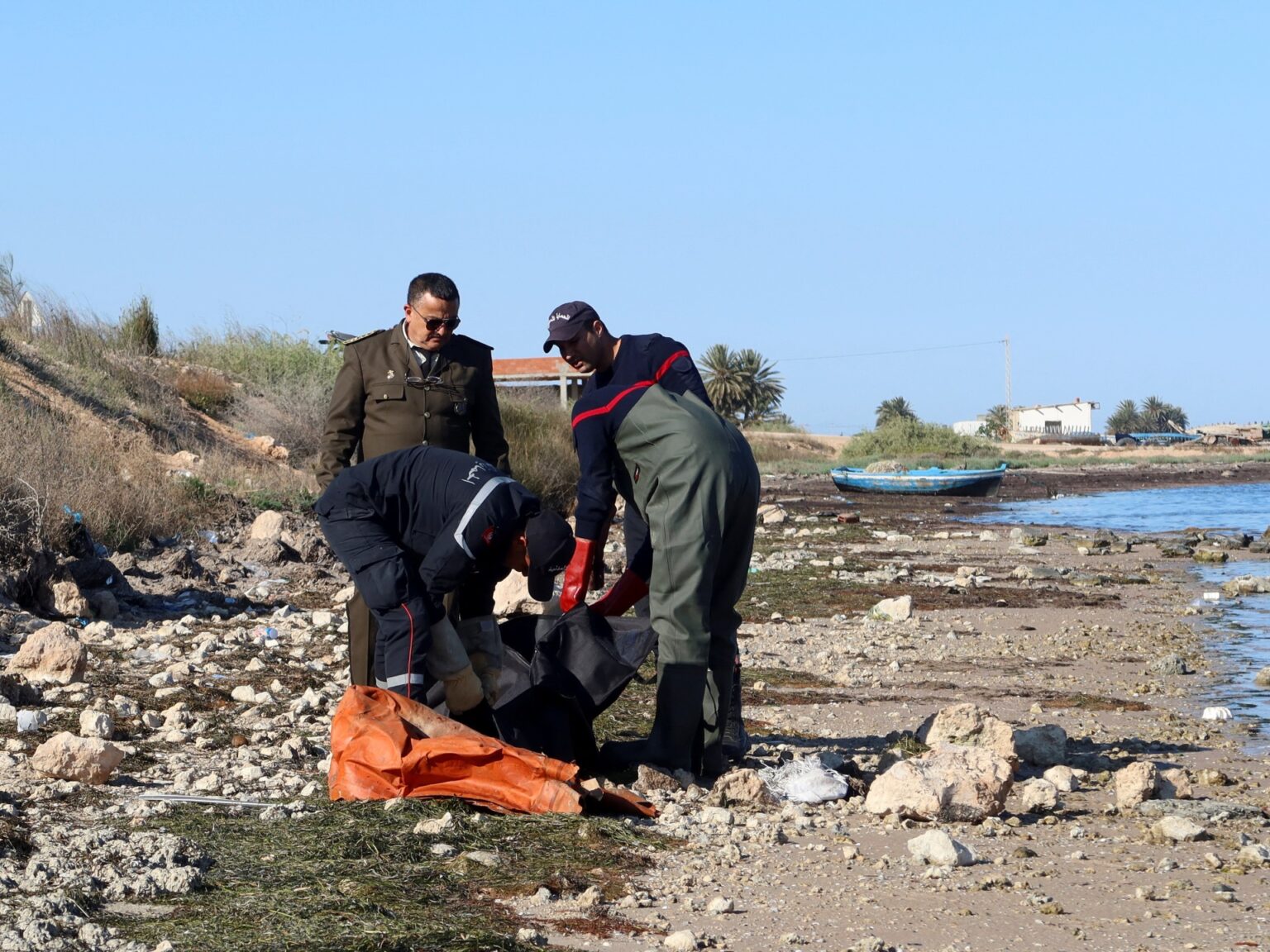Global Courant 2023-04-28 21:07:35
Morgues and hospitals in the city of Sfax are full, officials say, as the death toll from refugee shipwrecks rises.
The Tunisian coastguard has recovered 41 bodies from Tunisian waters, a national guard official said, bringing the number of victims of refugee shipwrecks off the country’s coast to 210 in 10 days.
The bodies were in a state of decomposition, suggesting they had been in the water for several days, Houssem Eddine Jebabli told Reuters news agency on Friday.
The cumulative number of fatalities was unprecedented in such a short period of time, he said.
The number of boats carrying asylum seekers – most from sub-Saharan Africa, Syria and Sudan – trying to reach Italy from Tunisia has risen sharply in recent months, partly due to a crackdown on departures by authorities in neighboring Libya.
Tunisia is struggling to contain the surge, and some mortuaries are running out of space to bury the victims.
So many refugees who risked the perilous crossing from Tunisia to Europe have drowned that mortuaries and hospitals in the main launch pad city of Sfax are full, officials said Friday.
“On Tuesday we had more than 200 bodies, well above the capacity of the hospital, which is causing a health problem,” said Faouzi Masmoudi, a justice official in the port city that houses the central mortuary for an area of about a million people. .
“There is a problem with large numbers of corpses arriving on the coast. We don’t know who they are or what shipwreck they came from – and the numbers are increasing.”
Tunisia, whose coastline is less than 150km (90 miles) from the Italian island of Lampedusa, has long been a favorite springboard for refugees trying to make the perilous sea journey from North Africa to Europe.
Masmoudi said there are funerals “almost every day” to ease the pressure on hospitals.
At least 30 people were buried on April 20. Days later many more bodies were recovered at sea.
DNA swabs are taken from each body before burial to facilitate their possible identification by relatives, he said.
According to Romdhane Ben Amor of the Tunisian Forum for Economic and Social Rights (FTDES), at least 220 dead and missing have been recorded this year through April 24, mostly from sub-Saharan Africa.
More than three-quarters of refugees leaving Tunisia do so from the coast between Sfax and Mahdia, some 90 km to the north, he added.
The problem of managing the bodies of the drowned in shipwrecks is complicated by the fact that local authorities have “committed to create a special cemetery for migrants because they are not Muslims,” said Ben Amor.
Many of the drowned came from Muslim-majority countries.
The number of departing refugees has increased after President Kais Saied gave a speech on February 21 claiming that irregular immigration posed a demographic threat to Tunisia.
While many of the refugees are from southern Africa, Tunisia is also in the grip of a worsening economic crisis that has driven many of its citizens to take desperate measures in search of a better life abroad.








